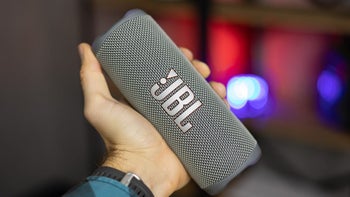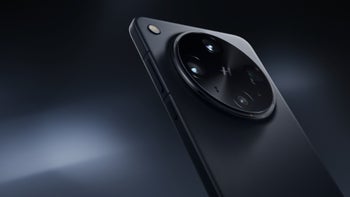TSMC stops shipping powerful GPU chips to China used to train AI models

Last November, the world's top chip foundry, TSMC, stopped shipping AI chips to customers in China after being requested to do so by the U.S. government. This request came after a chip manufactured by TSMC was discovered inside an AI processor made by Huawei. By banning shipments of advanced GPU chips made using a 7nm process node and lower, TSMC was simply following U.S. sanctions.
Now, we are into 2025's second month and TSMC has added some new restrictions as it tries to keep powerful silicon components used for AI training out of the hands of the Chinese. The latest restrictions, which started on January 31st, prevent fabless Chinese chip designers from ordering TSMC to build their chips using a process node of 16nm and lower unless they use a third-party U.S. government-approved packaging house.
U.S. sanctions now require Chinese companies use U.S.-whitelisted OSATs (Outsourced Semiconductor Assembly and Test) in order to receive chips they have assembled by TSMC. A 'fabless' chip designer is one that doesn't own any chip manufacturing facilities or fabs. Thus, these firms turn to TSMC to produce the chips based on designs submitted to the Taiwan-based contract foundry.
New U.S. rules also prevent exports to China of chips with over 30 billion transistors produced using the 16nm process node or lower unless developers receive a license from the U.S. Department of Commerce. U.S., Taiwan, and allied nations can also try to receive a permit if the chips are being sold to approved customers. China's DeepSeek-R1 was reportedly trained using 2,048 Nvidia H800 GPUs over a two-month period. The Nvidia H800 GPU, built on the 4nm process node, reportedly packs 80 billion transistors which should make the chip powerful and energy efficient.

The DeepSeek iOS app. | Image credit-PhoneArena
Because the Nvidia H800 GPU has nearly three times the 30 billion transistor limit and is produced using the 4nm process node, DeepSeek would have required a license to purchase the chip. Apparently, such a license was not issued to the company. As a result, the FBI and the White House are investigating how DeepSeek obtained these chips. One theory is based on reports that an intermediary in Singapore was involved. While Nvidia said recently that it didn't believe that DeepSeek broke the law, the U.S. chip company also said that its partners must act within the law.
Despite the new restrictions, companies like Apple, AMD, Intel, MediaTek, and others are expected to receive licenses even for chips with more than 30 billion transistors shoehorned inside. However, mainstream GPUs that companies like AMD, Intel, and Nvidia previously sold to Chinese firms without restrictions will now need a license to be shipped to China. It is interesting that in some cases TSMC's restrictions are even tighter than those imposed by the U.S.













Things that are NOT allowed: